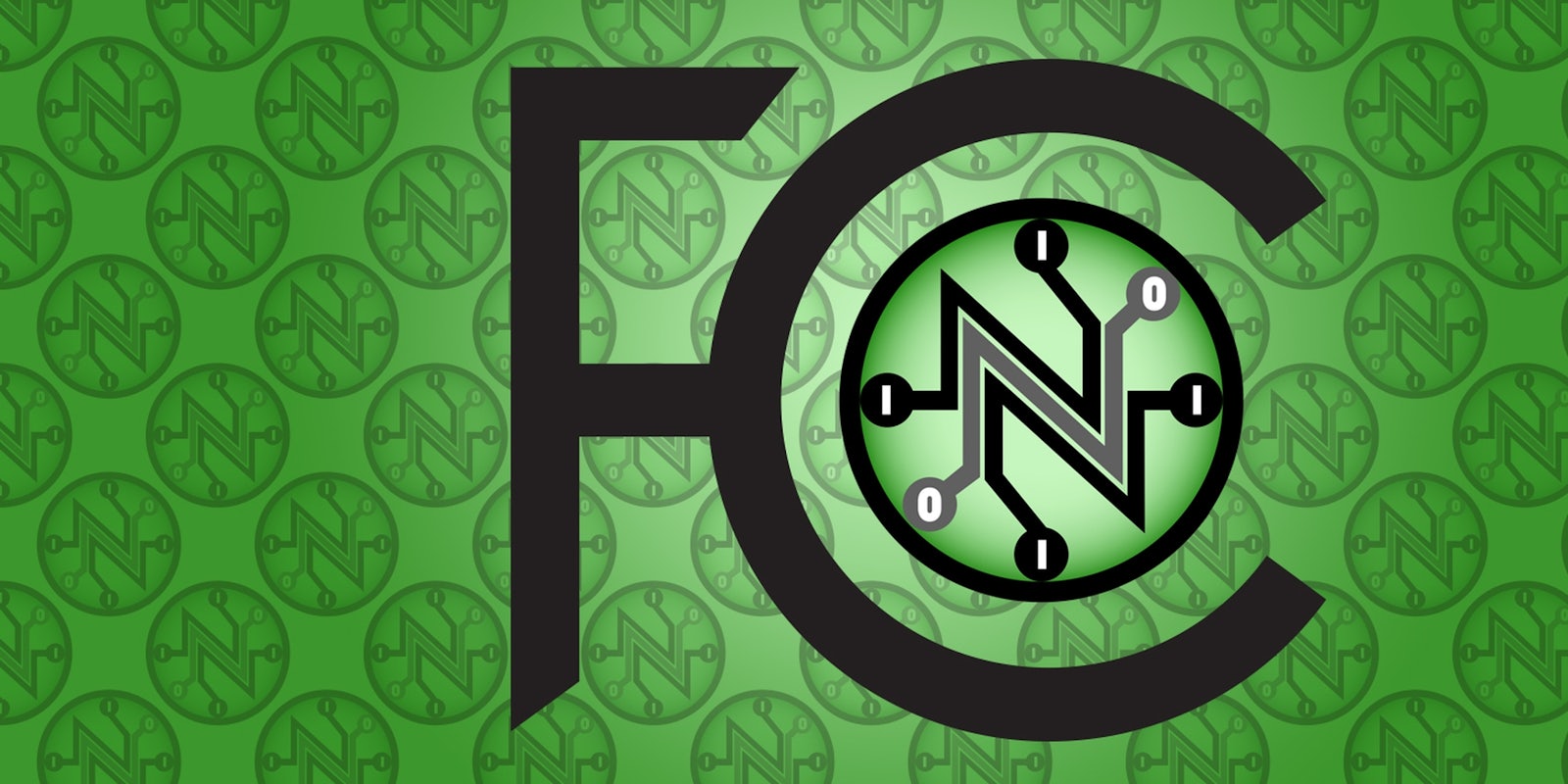One of the biggest selling points offered by supporters of net neutrality is that, by keeping the Internet “fair and open,” a federal net neutrality policy can help keep costs low.
But as the FCC prepares to vote on a plan that would prohibit Internet service providers from charging websites a fee for faster Internet access, Google is warning of potential unintended consequences in the FCC plan that could allow ISPs to more easily charge content providers down the line.
In a letter to the FCC from Austin C. Schlick, Google’s director of communications law, the search engine giant argues that a provision in the FCC plan to reclassify so-called “edge providers” as common carriers would open the door for ISPs to begin charging larger content providers for direct connections. The term edge provider (also referred to as “interconnection”) describes a special arrangement between ISPs and larger Web content providers like Netflix and Google. These individually negotiated arrangements allow the content providers to connect directly to the ISP rather than going through a middleman connection.
According to ArsTechnica, by reclassifying these edge provider agreements under common carrier rules, FCC Chairman Tom Wheeler hopes to make it easier to intervene in conflicts between ISPs and large content providers that might affect user quality—such as in the case of the conflict between Netflix and several ISPs last year.
But Google says this seemingly minor change to regulatory language could make it easier for ISPs to get government approval to charge for edge provider agreements on the grounds that they are providing an additional service to content providers.
‘[T]his issue must be viewed in light of the efforts by some ISPs, particularly abroad, to claim that they provide a service to content providers for which they should be able to charge under a ‘sender pays’ model—while still charging their retail customers for the same traffic,” Schlick writes.
In the FCC proposal, provider payments wouldn’t be banned outright, Jon Brodkin writes for ArsTechnica, but the agency does want to create a monitoring system to make sure ISPs aren’t overcharging.
Though this challenge from Google came late in the game—just days before the FCC was scheduled to vote on the net neutrality plan—it may be affecting change.
The Hill reported late Tuesday afternoon that the vote has been delayed to address several issues in the bill, including rules on edge providers. The changes are reportedly being requested by Mignon Clyburn, a Democratic member of the FCC, whose vote is seen as crucial to its passage.
Illustration by Jason Reed


